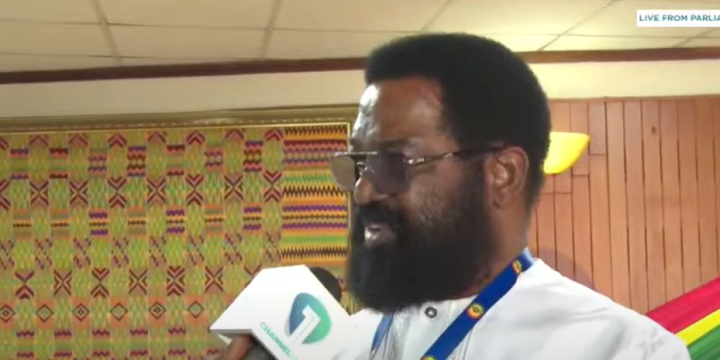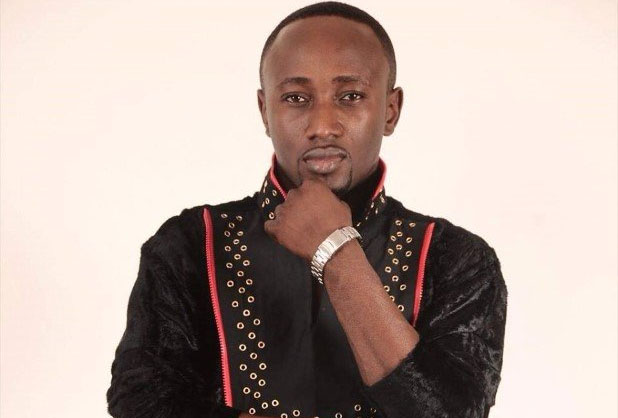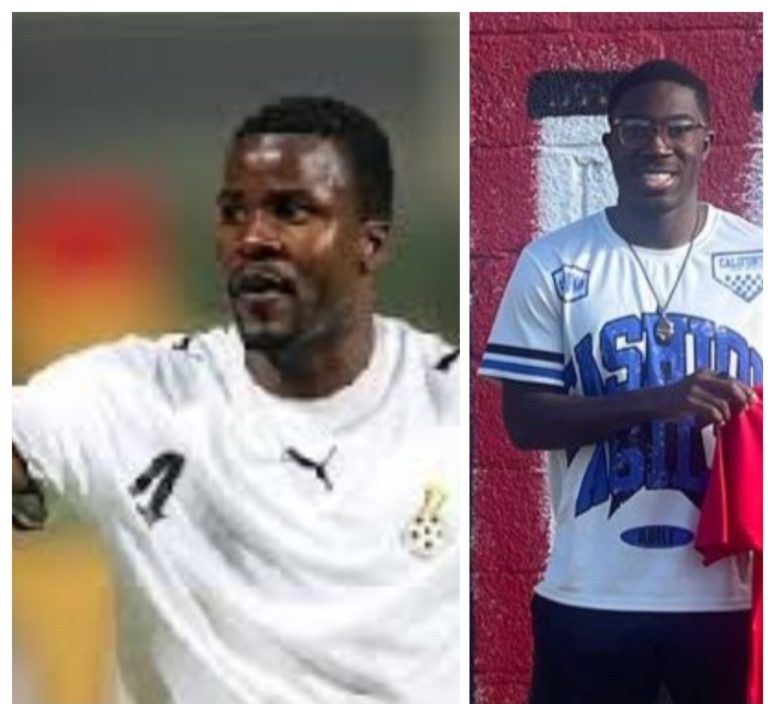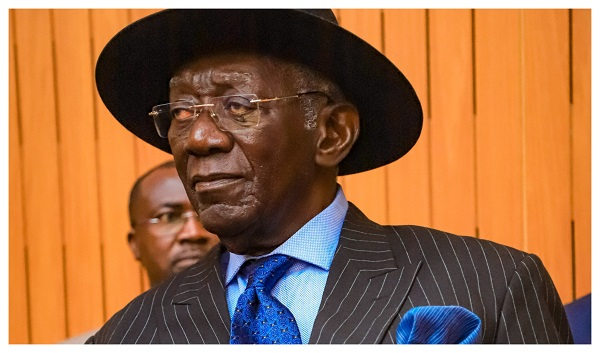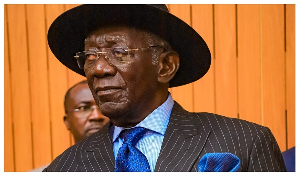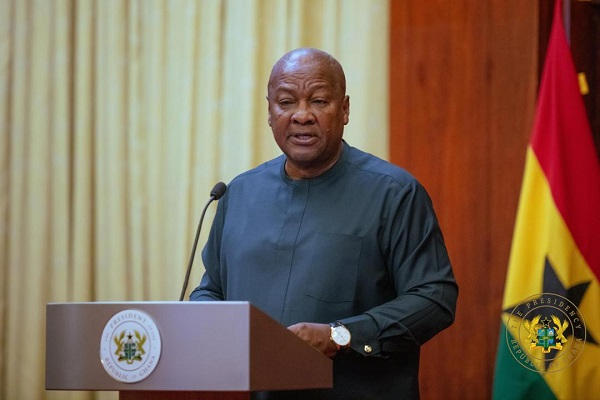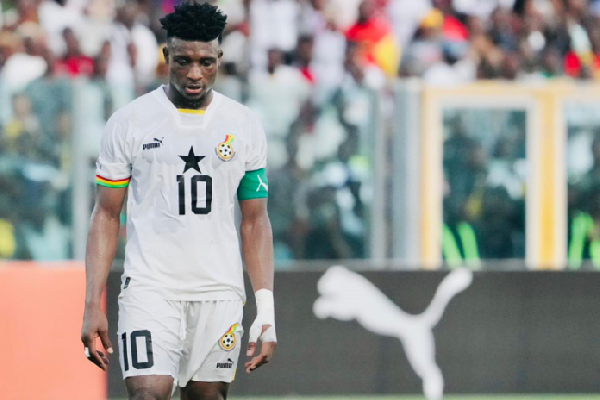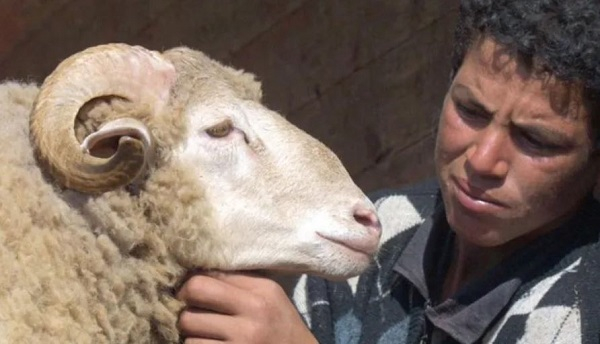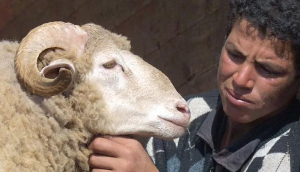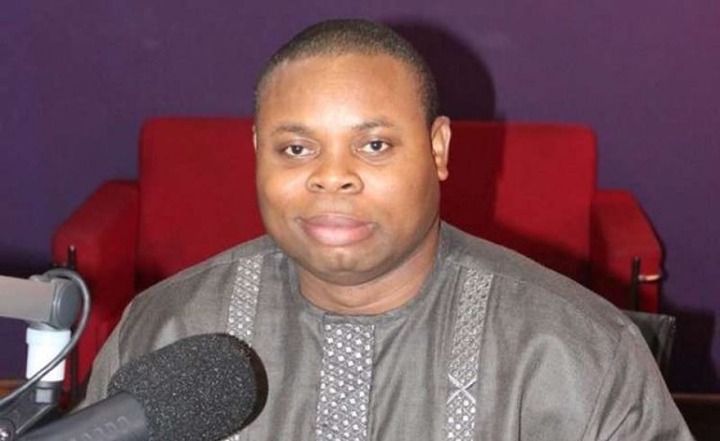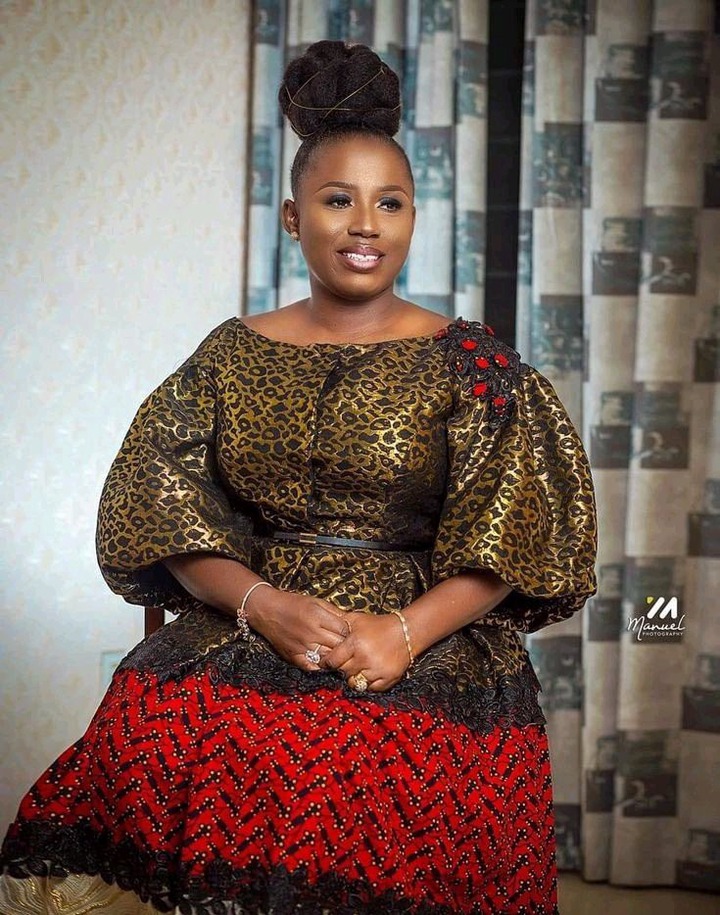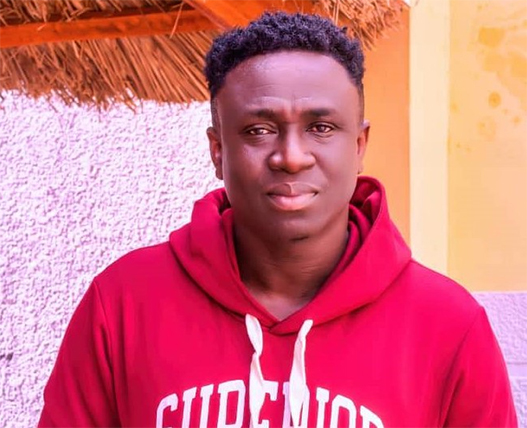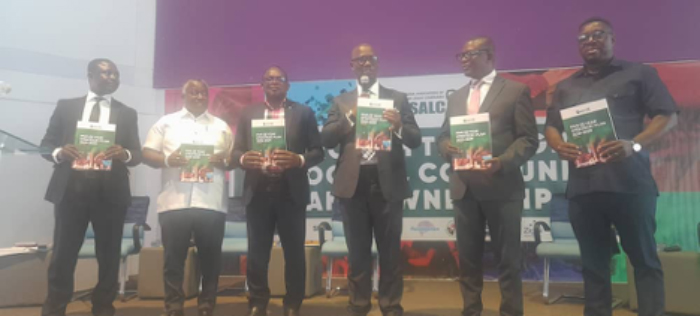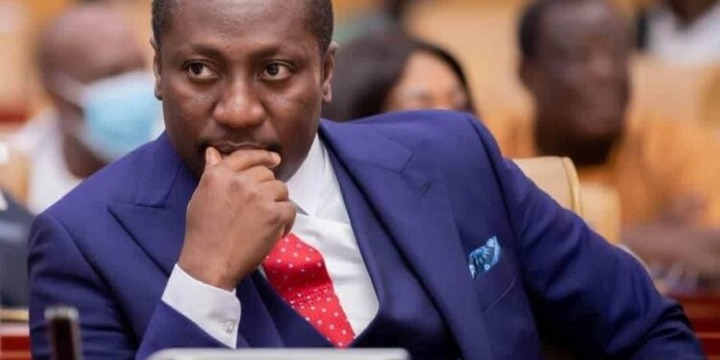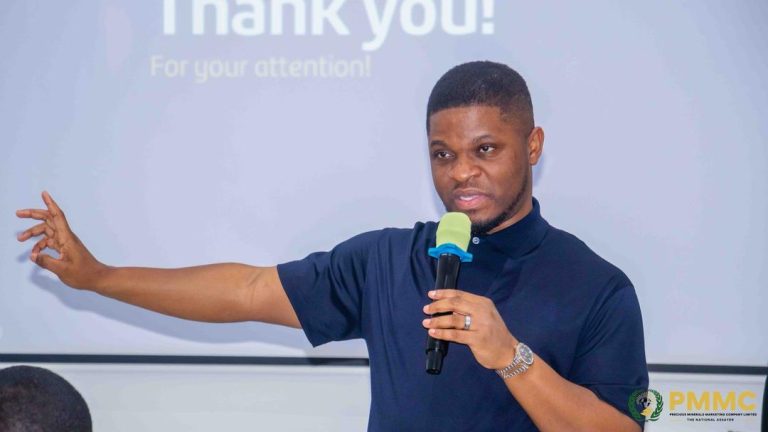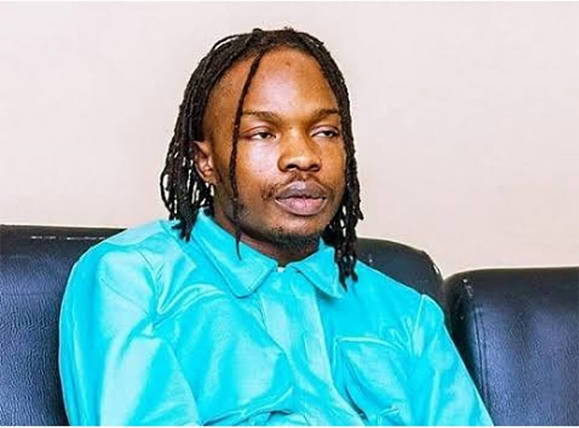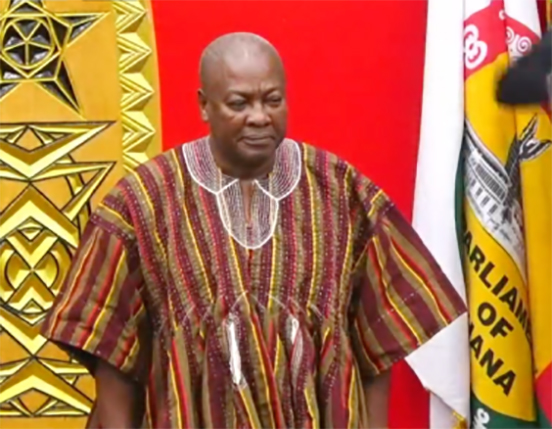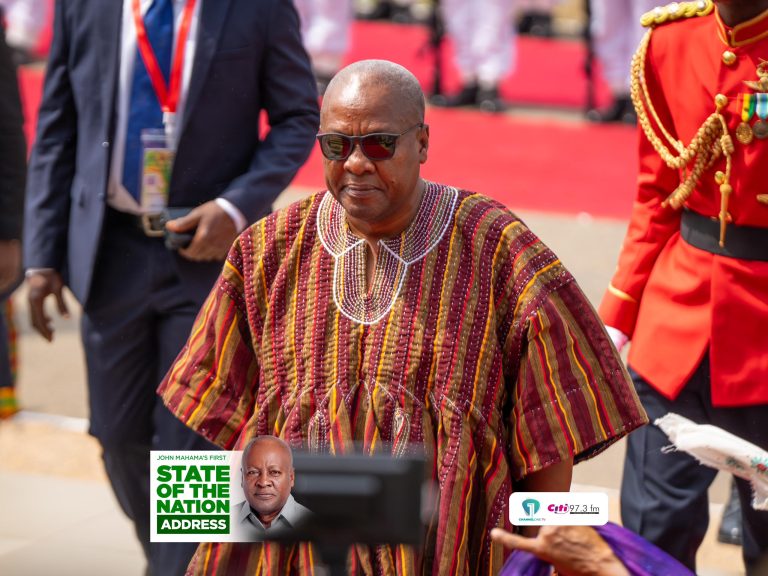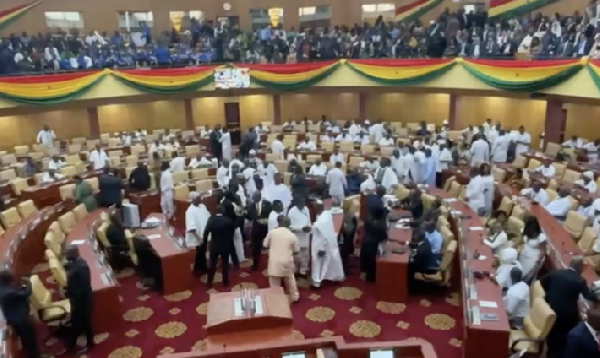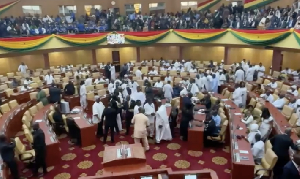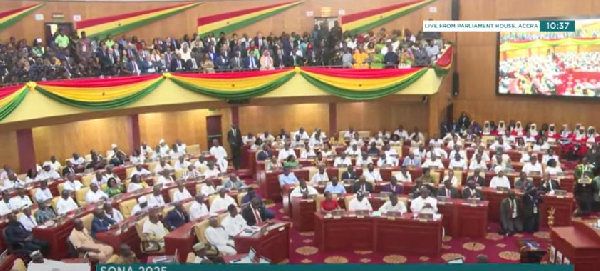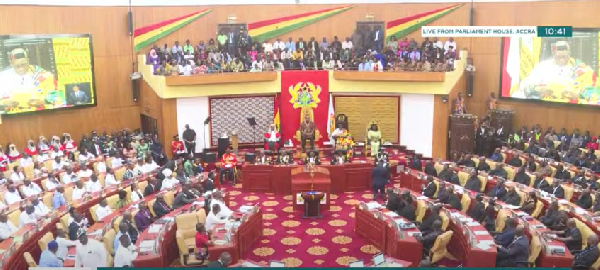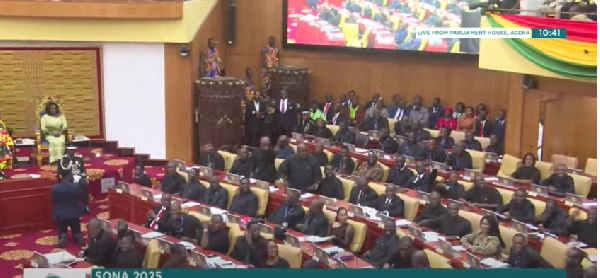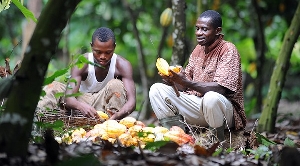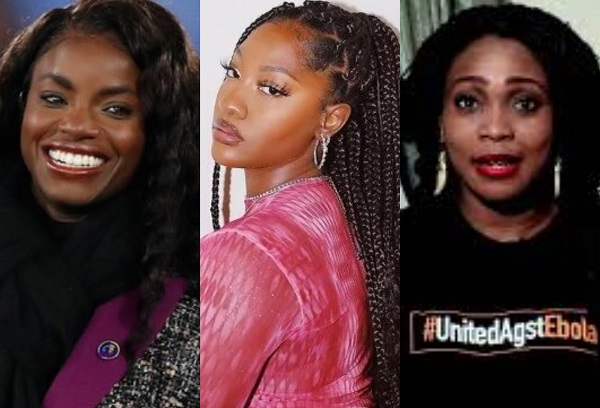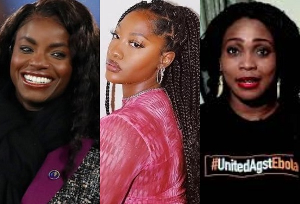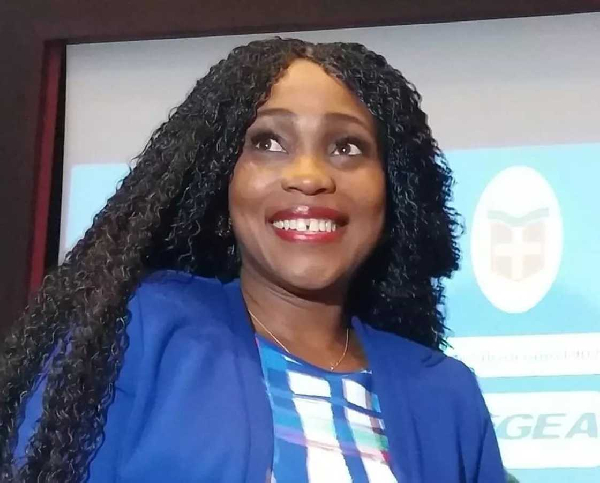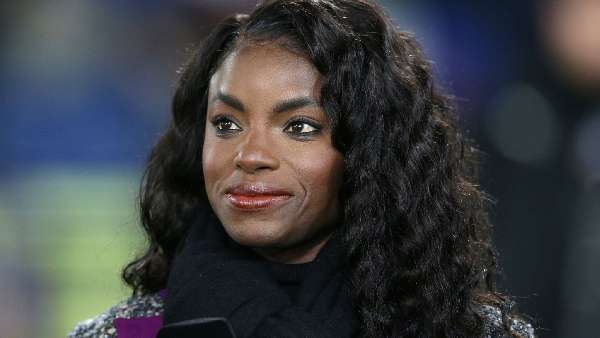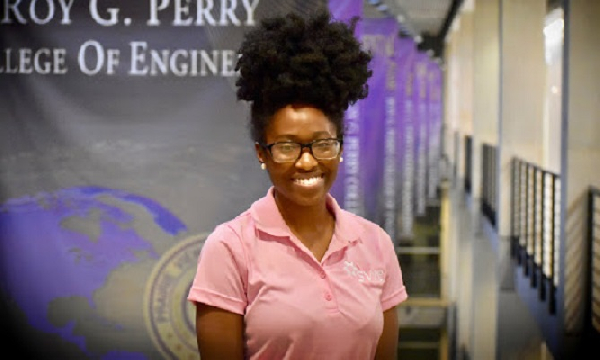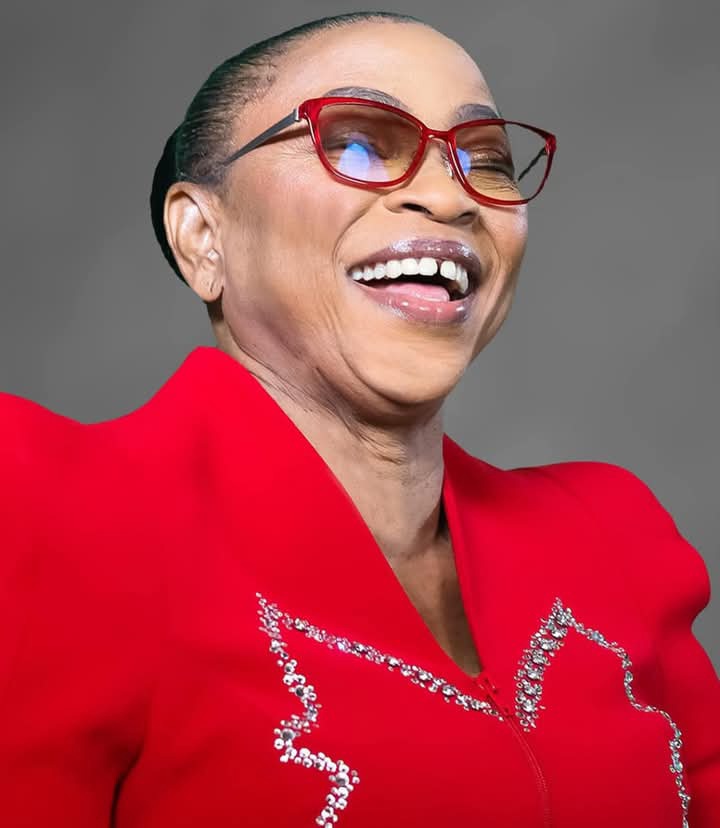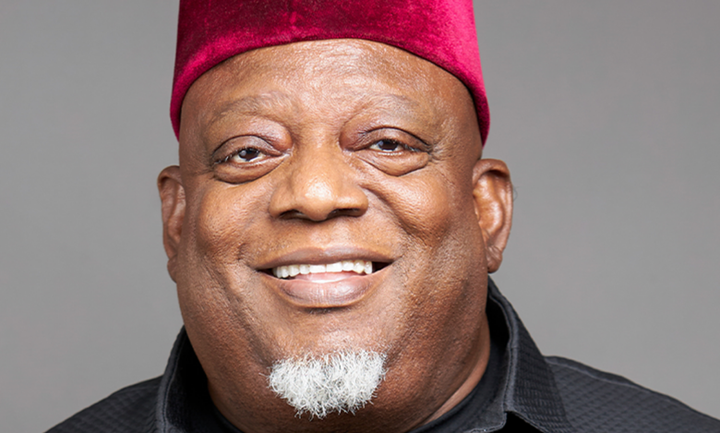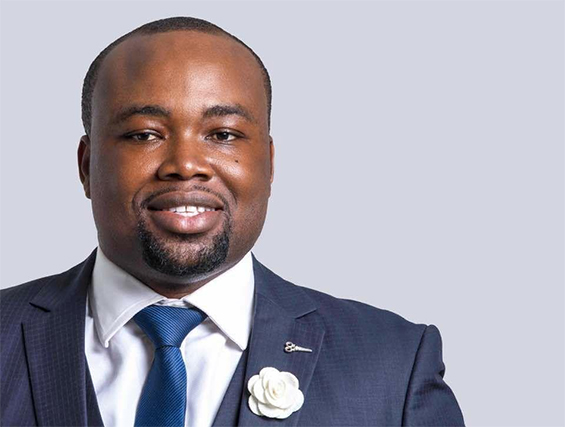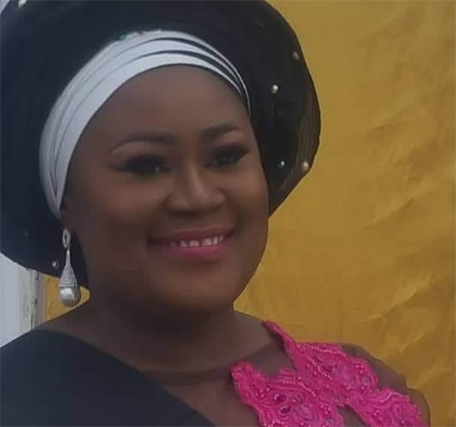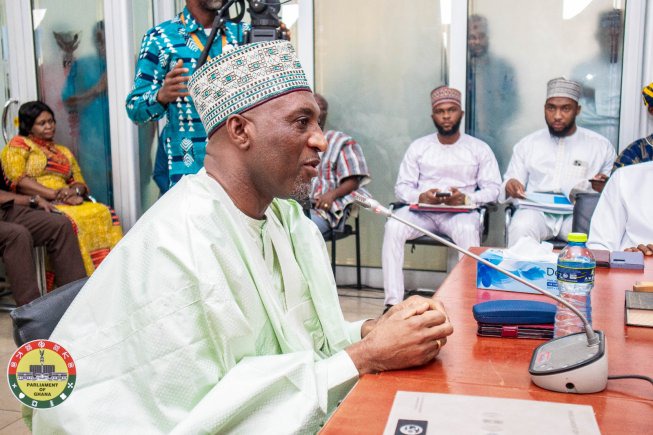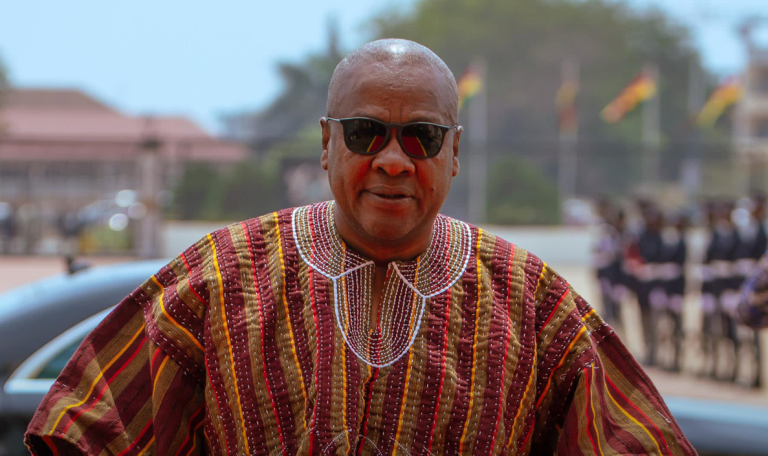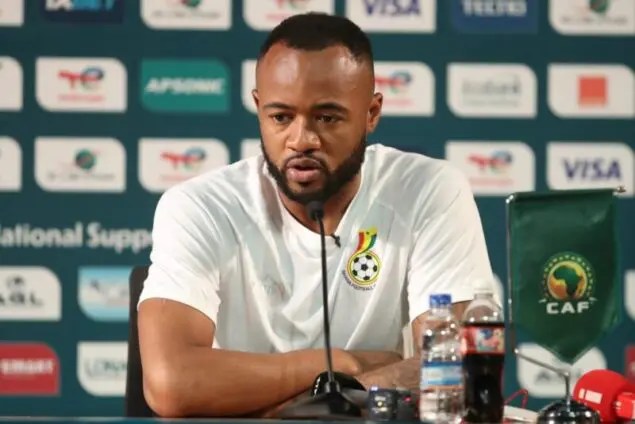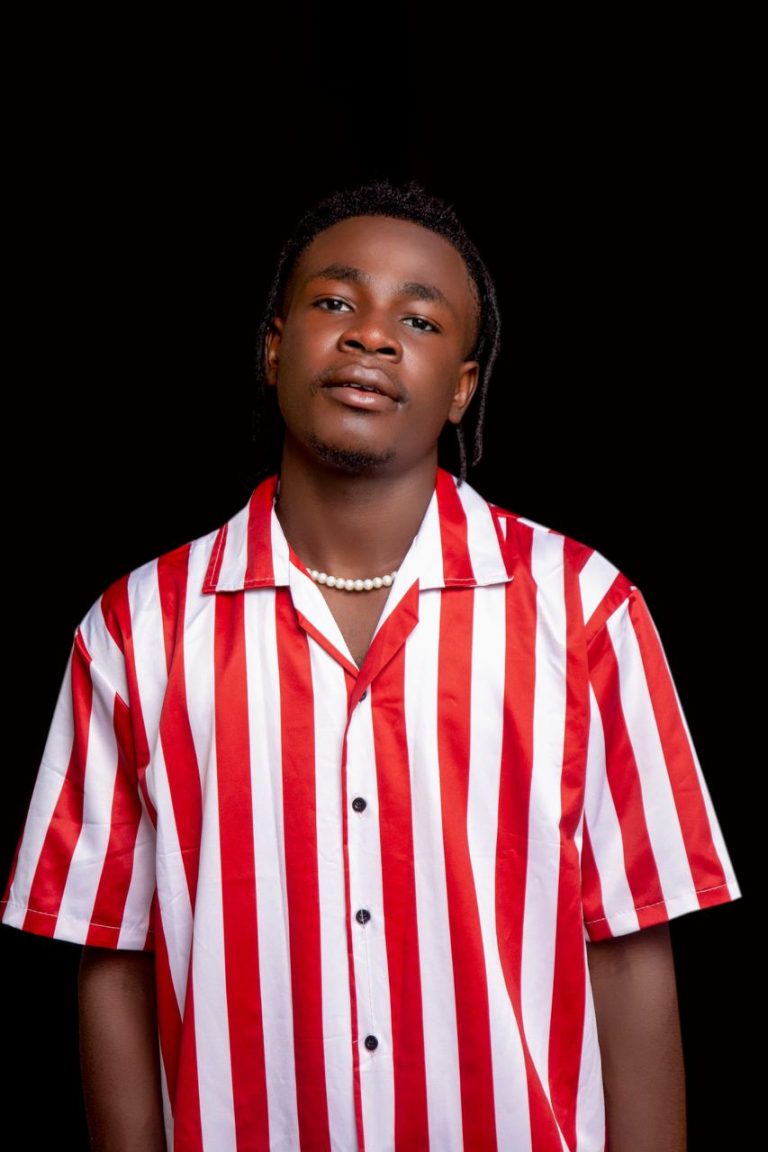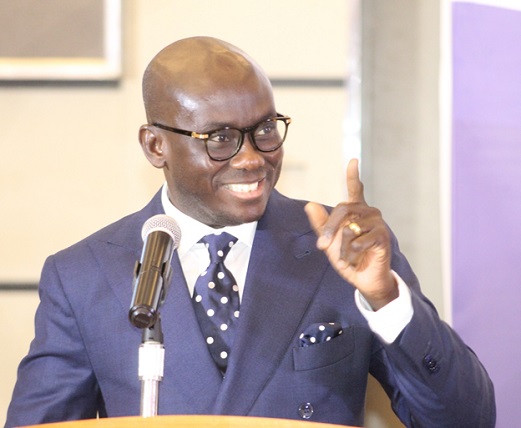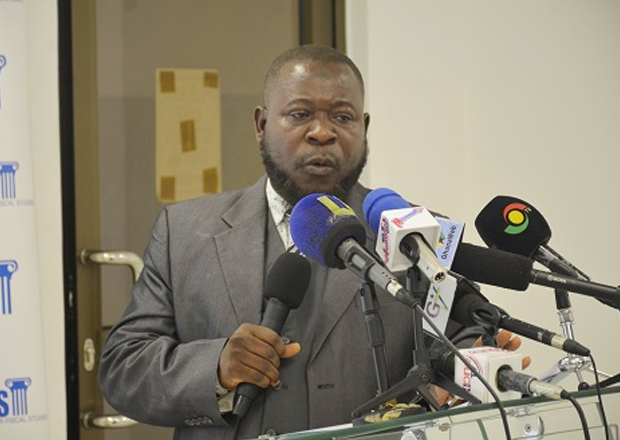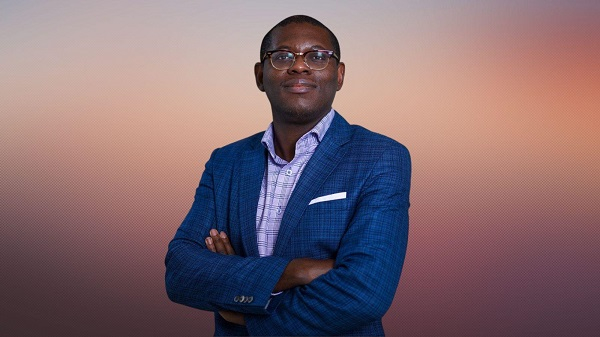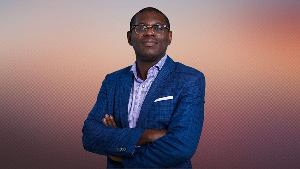John Dramani Mahama is delivering his first State of the Nation Address in his second term as president.
This is after he was in opposition for over eight (8) years, having lost his bid for a second term in the 2016 general elections.
Ahead of his first SONA in this second term of his presidency, we bring back the full details of what he shared with the country as his last address of this nature.
Read the full details of the address below:
Your Excellency the Vice President,
Right Honourable Speaker,
Your Ladyship the Chief Justice,
Honourable Members of Parliament,
Mr. Speaker,
Allow me to begin by wishing everyone a Happy New Year. Afihyiapa.
This hall that exists within these walls is a place where I have always felt at home. It was in this august house, as an MP for Bole-Bamboi, that I began my political career. Or, better said, it was when I first held public office. The residents of that community entrusted me with the privilege of representing their best interests in the national dialogue of policymaking and legislation.
It seems fitting that I should find myself here in this same house delivering my final public address, which will, in effect, bring to a close my tenure as President. I deliver this message on the State of the Nation in fulfilment of Article 67 of the 1992 constitution.
It has been a rare honour and privilege for me to serve my country in the highest office as President. It has been a worthwhile journey. Let me seize the opportunity to thank God for his grace and the good people of Ghana for the opportunity to serve.
May I also respectfully thank My Vice President, Mr. Speaker, Her Ladyship the Chief Justice, and Honourable Members of this House for the cooperation and solidarity I have enjoyed during my tenure as President.
Mr. Speaker,
The purpose of this State of the Nation Address is to let the people of Ghana know where we stand as a country as the baton of leadership passes from one leader to another. Where are we in this race? In terms of nation-building, how is Ghana faring compared to other nations in Africa and the world?
Our world has become increasingly complex and unpredictable. Majority of economies around the world are sailing against strong headwinds. The world economic crisis and the slow-down in the growth of the Chinese economy have affected emerging markets and resulted in a fall in global demand for commodities. As the United States makes a slow but steady recovery, the recent increase in U.S. interest rates means more money is leaving emerging markets for reinvestment in America. Coupled with falling commodity prices, this is causing an adverse economic outlook for lower-middle-income economies like ours.
Changing climate patterns have made weather unpredictable. In our part of the world, deforestation, sea erosion, tidal waves, erratic rainfall, and severe harmattan are becoming the new normal. These are wreaking havoc on non-irrigated agriculture and hydro power production.
The rise of insurgency, failed states in North Africa and the Middle East, and religious fundamentalism have led to terrorist cells creating a deadly cocktail across Africa, stretching from the Sahel through West, Central, and East Africa to the Horn of Africa. Attacks in Burkina Faso and Côte d’Ivoire have brought the threat closer to our doorstep. This is the global context in which Ghana has had to survive and progress.
EDUCATION
Mr. Speaker,
At the start of our term, declining standards in basic and secondary education were a national concern. Lack of access, teacher shortages, absenteeism, dilapidated schools, and inadequate textbooks led to poor exam results.
Our vision was to improve access and quality. Today, more children than ever have access to education. Over 2,000 “schools under trees” have been replaced. Teacher absenteeism dropped from 27% to below 9%. Forty-seven new Community Day Senior High Schools have been built, enabling more students to continue education.
Free textbooks, improved infrastructure, and teacher distribution have yielded results. BECE and WASSCE performances have improved significantly. Ghana has consistently ranked top in WASSCE over the last three years. The progressively free secondary education program now covers 140,000 boarding students.
At the tertiary level, new universities in Brong Ahafo, Volta, and Eastern Regions, along with upgraded polytechnics, have expanded access.
HEALTH
Mr. Speaker,
Healthcare faced challenges like low NHIS utilization and a shortage of professionals. We constructed regional hospitals in Bolgatanga, Wa, and Accra, and district hospitals nationwide. New polyclinics and CHPS compounds have increased NHIS outpatient utilization from 9 million in 2008 to 29 million in 2015.
SOCIAL PROTECTION
Mr. Speaker,
To reduce inequality, we expanded social programs. The School Feeding Programme now serves 1.5 million children (up from 500,000). LEAP beneficiaries increased to 150,000 households (from 60,000). Support for persons with disabilities, free uniforms, and the Eban card for the elderly have strengthened social protection.
WATER & SANITATION
Mr. Speaker,
Access to clean water improved from 56% (rural) and 58% (urban) in 2008 to over 76% in 2015. Projects like the Teshie desalination plant, Kpong expansion, and small-town water systems have lifted 7 million Ghanaians out of water deprivation.
POWER
Mr. Speaker,
We resolved the power crisis by adding 800MW of emergency generation. With domestic gas from the Ten and Sankofa Fields, Ghana is nearing energy self-sufficiency. Over 80% of Ghanaians now have electricity access.
ECONOMY
Mr. Speaker,
We inherited high deficits, inflation, and a depreciating currency. The IMF Extended Credit Facility stabilized the macroeconomy: inflation and interest rates declined, public debt dropped from 72% to 65%, and Ghana ranks first in West Africa’s ease of doing business.
ROAD AND TRANSPORT
Mr. Speaker,
Massive investments in roads include the Kwame Nkrumah Interchange, Kasoa bridge, and Eastern Corridor project. Airport expansions, the Aayalolo BRT system, and port upgrades are improving transport efficiency.
GOVERNANCE
Mr. Speaker,
Logistics for security forces were enhanced with vehicles, aircraft, and riot gear. Progress on the National Anti-Corruption Action Plan includes the Public Financial Management Act. However, the Right to Information Bill remains pending.
Mr. Speaker,
Every President inherits unfinished work and builds on predecessors’ efforts. From Rawlings’ Economic Recovery Programme to Kufuor’s NHIS and Mills’ infrastructure projects, each administration contributed to Ghana’s progress. I trust President Akufo-Addo will continue these efforts.
Political opposition is vital, but partisanship must not overshadow national interest. We must avoid cynicism and support the incoming government.
Mr. Speaker,
I entered Parliament in 1997 alongside President-elect Akufo-Addo. We have collaborated and competed, but we are on the same team for Ghana. As I pass the baton, I urge all Ghanaians to support him.
I thank this House, the citizens of Ghana, and God for the opportunity to serve. May God bless Ghana.
AE
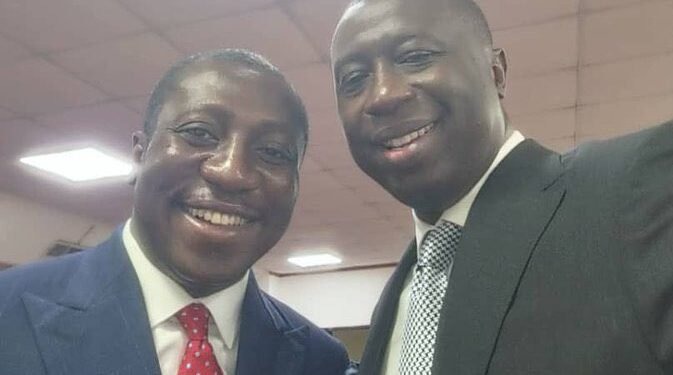
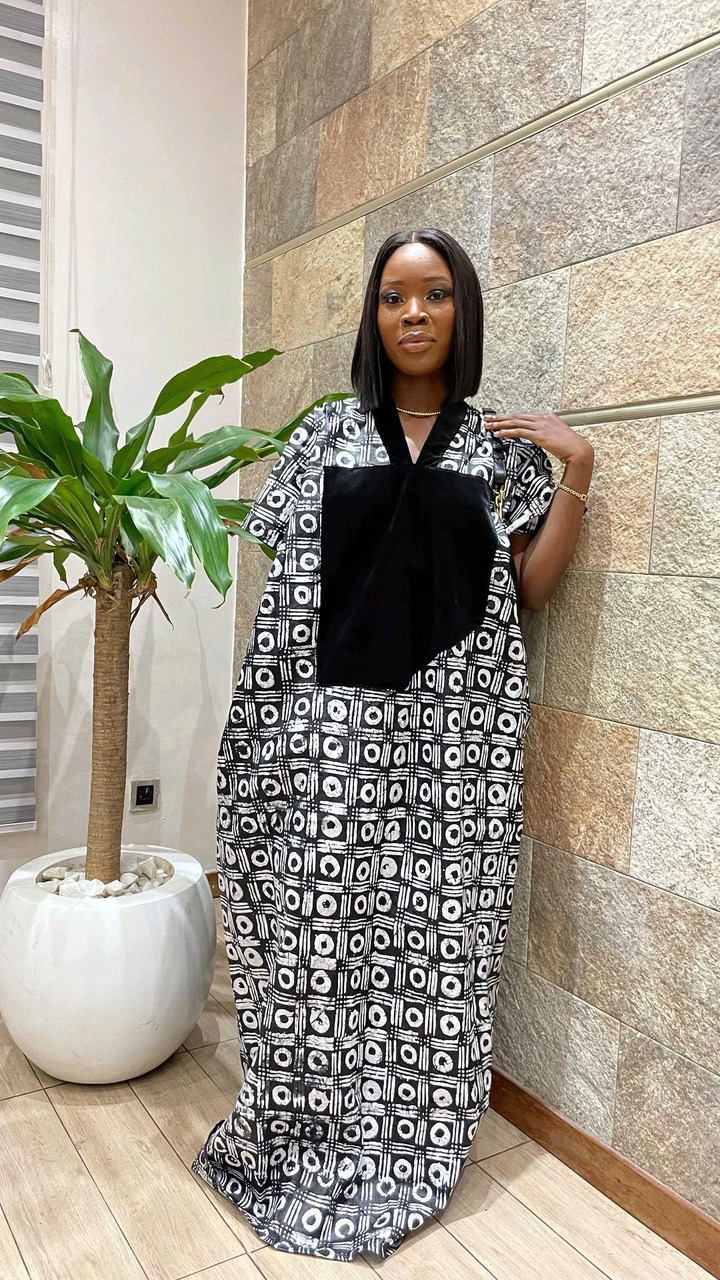
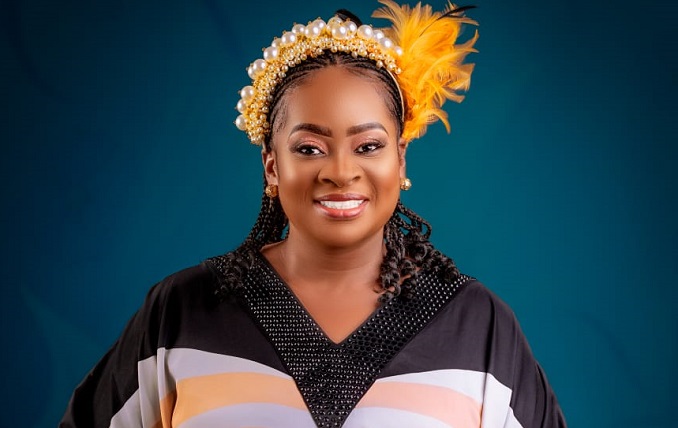

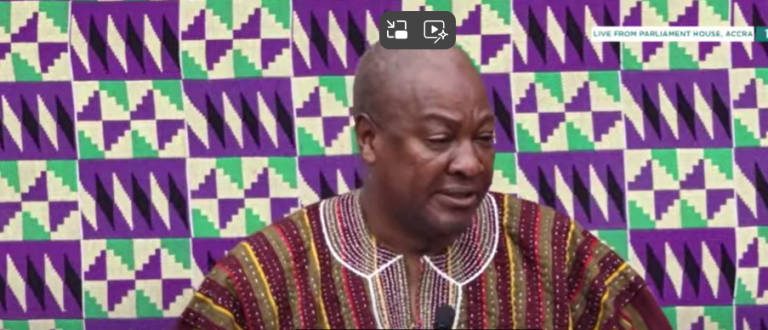
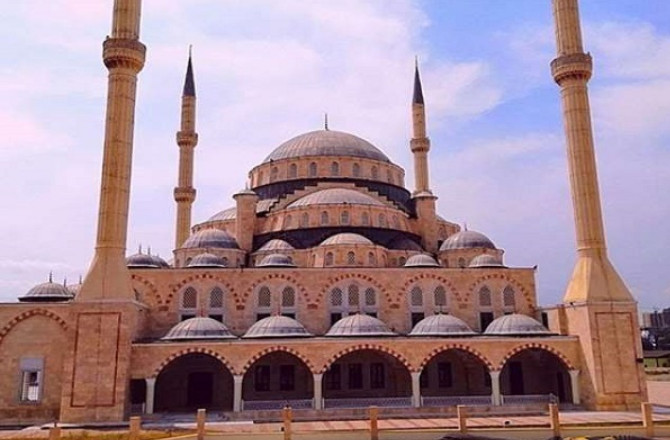

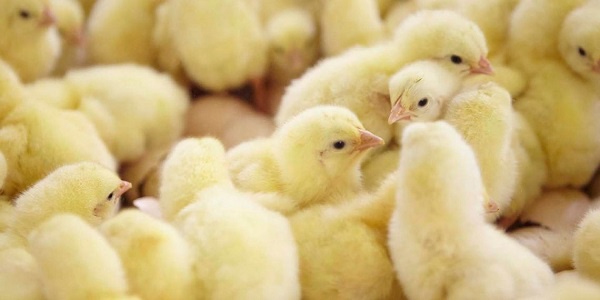
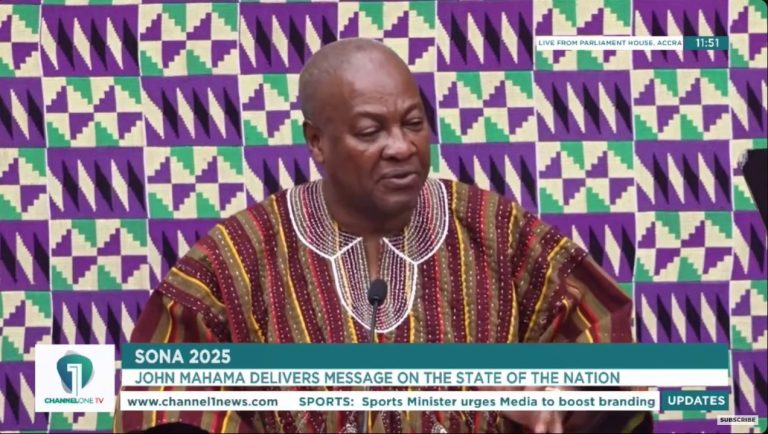

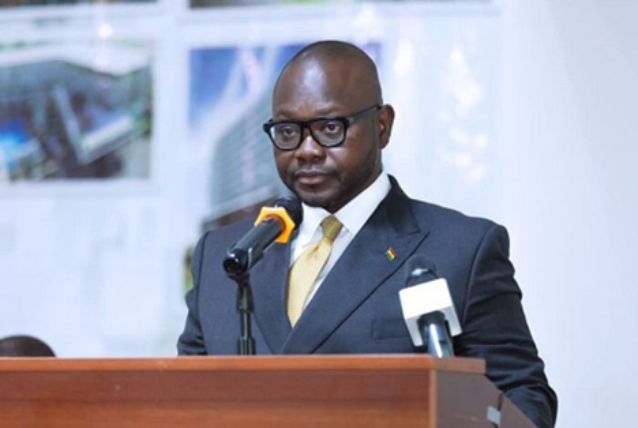
![[Watch Live] Mahama delivers State of the Nation Address [Watch Live] Mahama delivers State of the Nation Address](https://www.ghanamma.com/wp-content/uploads/2025/02/Screenshot-2025-02-27-104107-768x429.png)
